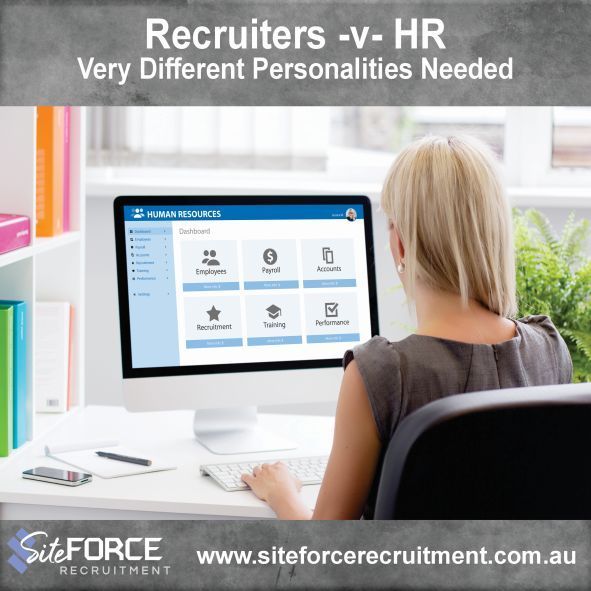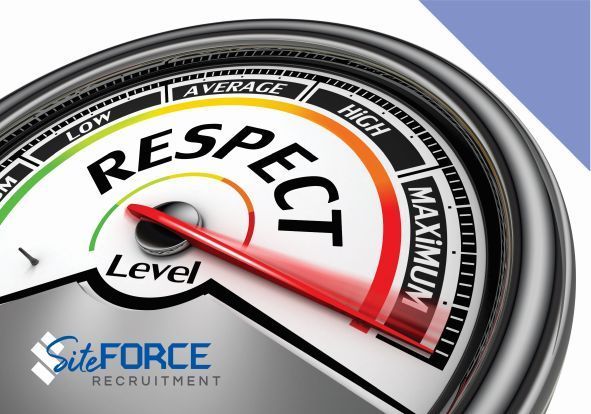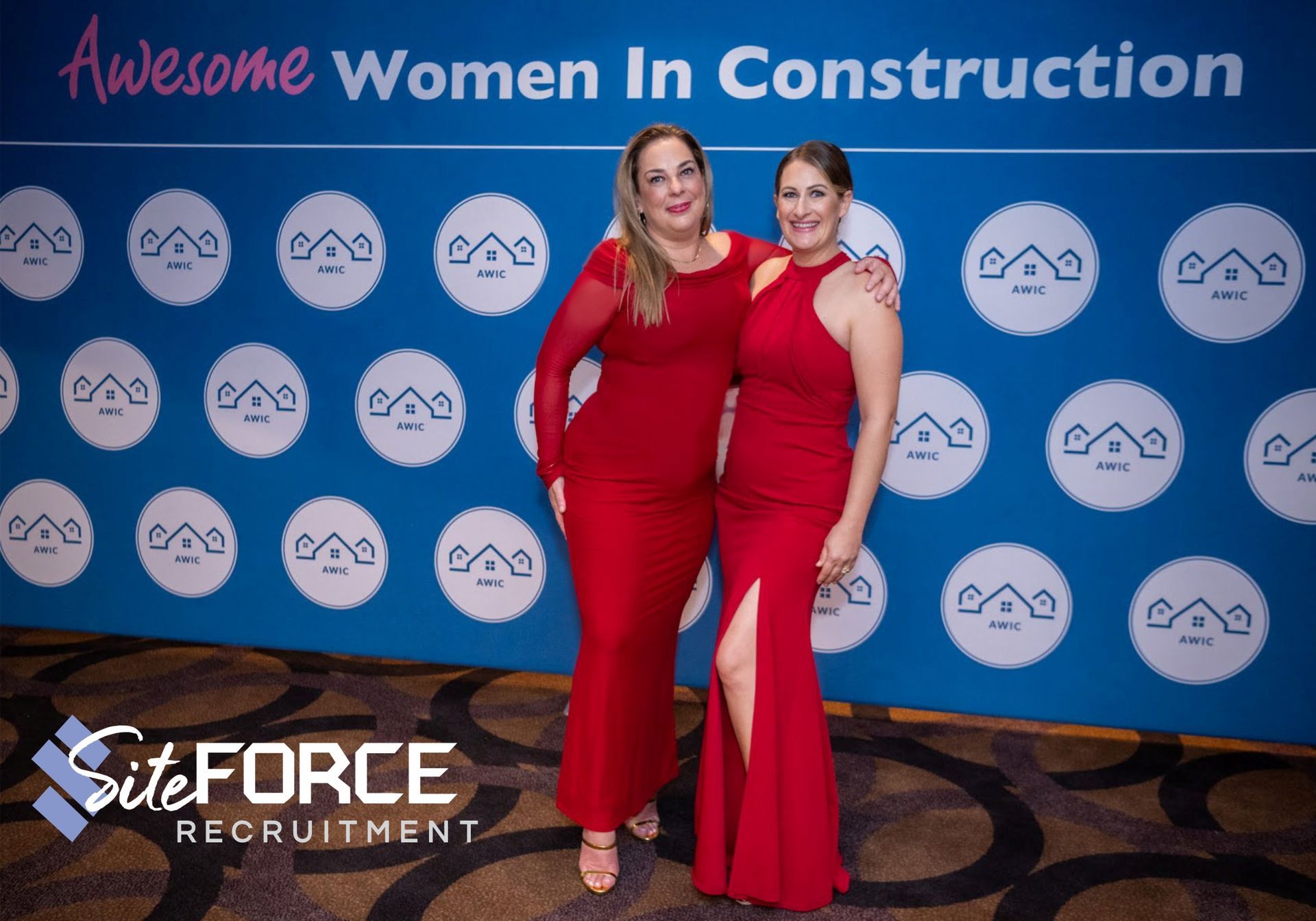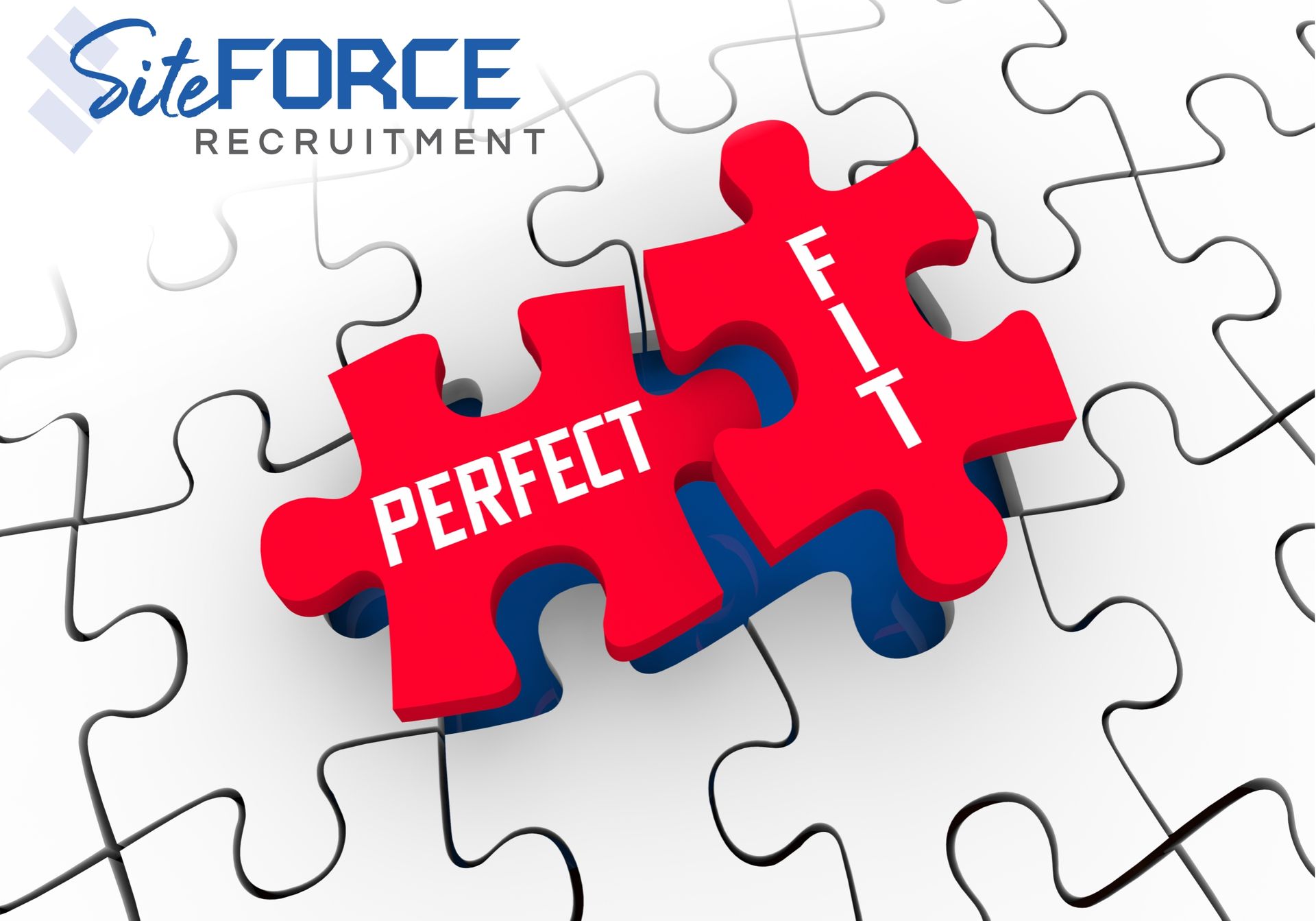RECRUITERS -V- HR: VERY DIFFERENT PERSONALITIES
Understanding the Key Differences Needed for Each Role

When I speak with new clients, I often hear, “I already have an HR department that does my recruitment.” Many clients see these roles as two sides of the same coin, but they serve very different purposes. People don’t know what they don’t know. And this approach may just be jeopardising their effectiveness, success, ability to attract top talent, and their budgets.
As a specialist recruiter in the construction industry, I know it’s rare for someone to excel in both recruitment and HR due to the distinct personality traits, goals, and skill sets each role requires. So, let’s dive into the traits each role demands and explore how you can drive more effective recruitment outcomes.
The Rarity of Dual-Focused Talents in Recruitment and HR
High performing recruiters operate in a fast-paced sales environment, where rejection is a badge of honour and success is measured by closed deals. They thrive in high-energy, sales-driven environments where quick thinking, intuition and the ability to persuade are essential.
In contrast, successful HR professionals are typically patient, focused on compliance, detail-oriented, working tirelessly to cultivate a supportive workplace amidst a sea of rules and regulations and who thrive in structured environments that require diplomacy.
Research suggests these differences make it challenging for one individual to perform both roles effectively. A study by the Society for Human Resource Management (SHRM) found that only 15% of HR and recruitment professionals felt equally comfortable in both areas, with most preferring one focus due to the differing demands. Further, Gallup research indicates that people perform best in roles that align with their strengths, suggesting that combining these roles could dilute effectiveness.
This underscores why many companies separate recruitment and HR functions, ensuring each area is handled by professionals best suited to its unique demands.
A Flawed Model Can Deliver Mediocrity
In my experience, expecting one person to master both recruitment and HR is not just unrealistic; it often leads to subpar results for employers.
The stark contrast between these roles reveals a fundamental truth: each requires a unique set of skills and personality traits that simply don’t overlap. Merging them risks mediocrity, drowning in conflicting priorities and diluted effectiveness. Companies that cling to this flawed model may think they are saving money, but instead they may be jeopardising their hiring success, not attracting the top talent into their businesses, and undermine the essence of a thriving workplace. It’s time to recognise these vital differences, leverage each role's strengths, and ensure the right professionals are in place to drive organisational success.
Comparing the Roles: Recruiter (Sales) vs. HR (Service)
The contrast between recruiters and HR professionals is akin to the difference between a salesperson in a site office and a site safety officer. Recruiters are like salespeople focused on drawing clients into a display home: they need to build connections quickly, understand client needs on the spot, and make persuasive decisions to close deals before competitors do. Their success relies on energy, intuition, and quick relationship-building, especially in a QRR (quick response required) market, where any delay could result in losing top talent.
Conversely, HR professionals function more like safety officers. Their role isn't about closing deals but ensuring safety, compliance, and long-term support. Safety officers are meticulous and rules-driven, focusing on protecting everyone on site. While efficiency is important, speed is not the objective; patience and adherence to defined processes are essential.
Expecting one person to juggle both recruitment and HR is like asking a site salesperson to enforce safety regulations and a safety officer to step into the sales arena. It's unrealistic and impractical. Each role is essential to the broader goal but requires distinct skills to be executed effectively.
The Recruiter: The Super Salesperson and Talent Scout
Recruiters are the frontline hunters in the talent acquisition world. Their primary objective? To sell the company to top candidates and vice versa, find the right match quickly, and deliver top talent that aligns with the employer's needs and workplace culture. The recruiting profession is fundamentally a sales-driven role, involving skills that extend beyond simply matching resumes to job descriptions.
Key Traits of a Successful Recruiter
1. Motivation: Recruiters are highly motivated by the prospect of financial rewards and career advancement, driven to make successful placements that directly impact their earnings. They earn from each sale and love that environment. Most long-term highly successful recruiters I know are motivated to run their own business, as they are motived by reward from their own efforts and their consistent success. This makes hiring an external recruiter one of your best choices.
2. Expert subject: Recruiters need a deep understanding of the job market, competitors positioning for talent and industry trends to effectively source and sell positions to candidates, requiring them to constantly network and stay informed about talent availability and competitor strategies.
3. Focus: Recruiters are primarily focused on the external and delivering quickly. Recruiters often work under tight deadlines to fill positions quickly, necessitating a proactive approach and the ability to manage multiple candidate pipelines simultaneously, whilst not letting top talent go to a competitor employer, which adds an element of urgency and competition to their role.
4. Sales Savvy: Recruiters are, in essence, salespeople. They need the persuasive skills to sell the role, company culture, and benefits to potential candidates, often in a highly competitive market.
5. Instinct and People-Reading: Recruiters excel at quickly assessing personalities, spotting potential, and matching intangible qualities to specific company needs (sometimes unstated). They must understand who will thrive in a role beyond what’s on paper.
6. Competitive Drive: Success in recruitment often depends on urgency. A high level of energy and resilience is required to fill roles quickly and efficiently, balancing candidate experience with speed.
7. Relationship Management: Building and nurturing relationships is central to the recruiter’s role. A good recruiter is always networking, meeting new talent, and cultivating long-term connections.
8. Market Awareness: Top recruiters are highly aware of market trends and know where to find the best talent, particularly in high-demand fields. They’re constantly scouting talent pools and learning about changes in workforce demands.
9. Objections: For a recruiter, objections often arise from candidates questioning aspects of the role, company culture, salary, or growth potential. Recruiters, with their sales-oriented mindset, must address these concerns persuasively and tactfully, using storytelling and market insights to position the role in the best light. They anticipate common hesitations, such as career growth opportunities or work-life balance, and proactively counter these objections to keep candidates engaged.
10. Networks: For recruiters, networking is a crucial part of their success in sourcing talent, so their connections often span a wide array of industries, skill sets, and professional levels. Recruiters build relationships with other recruiters, industry leaders, and passive candidates to create a robust talent pipeline. They frequently engage in networking events, industry conferences, and online platforms like LinkedIn to stay connected with top talent and market trends. These connections help them keep a pulse on the talent market and quickly access potential candidates for various roles.
The HR Professional: Compliance-Driven Service Person
While recruiters are focused on sales and talent acquisition, HR professionals are the backbone of organisational structure, responsible for fostering a healthy work environment and ensuring compliance with company policies. Their work is cantered on service, adherence to rules, and a long-term approach to managing employee well-being.
Key Traits of a Successful HR Professional
1. Motivation: HR professionals are motivated by a commitment to fostering a positive workplace culture and supporting employee well-being, focusing on long-term organisational goals rather than immediate financial incentives. They do not usually like an environment where they earn only if they are successful in a sale.
2. Expert Subject: HR professionals must navigate complex legal and regulatory frameworks, ensuring compliance with employment laws and policies, which demands a meticulous attention to detail and a thorough understanding of organisational policies to mitigate risks and protect the company.
3. Focus: HR professionals are focused on the internal and typically engage in long-term strategic planning, focusing on talent development and retention strategies that align with the company’s overall goals, which requires a broader perspective on employee lifecycle management
4. Detail-Oriented: HR professionals are responsible for managing contracts, ensuring compliance with labour laws, and handling sensitive employee information. Precision and a strong attention to detail are essential to their role.
5. Empathy and Diplomacy: Maintaining a fair and inclusive work environment requires a high degree of empathy and patience. HR professionals often mediate between employees and management, requiring tact and understanding.
6. Structured and Rules-Focused: HR is often about following established guidelines and ensuring policies are implemented consistently across the organisation. These professionals must feel comfortable in a structured environment.
7. Strong Communicators: HR professionals need to communicate policies effectively and handle employee concerns or grievances in a clear, professional manner. They often work on onboarding, training, and performance management, where effective communication is key.
8. Problem-Solving within Guidelines: HR professionals often work within the confines of company rules and legal regulations. Their approach to problem-solving, therefore, must be balanced between the organisation’s best interests and compliance requirements.
9. Objections: HR professionals face objections in areas like policy compliance, benefits, performance reviews, and workplace conditions. Their approach to handling objections is more focused on clarity, transparency, and adherence to company policies. They often rely on factual explanations and empathy to help employees understand the rationale behind policies, while also advocating for any reasonable adjustments. HR professionals may address objections with an emphasis on maintaining fairness, providing resources, or explaining legal or organisational constraints, always striving to ensure that employees feel heard and supported within structured guidelines.
10. Networks: HR professionals tend to cultivate networks that support organisational management and compliance. Their networks typically include other HR professionals, legal advisors, policy experts, and industry associations such as the Australian Human Resources Institute (AHRI) or the Society for Human Resource Management (SHRM). These connections provide resources on best practices in employment law, workplace culture, employee benefits, and policy updates. Through their networks, HR professionals gain insights into compliance, employee engagement strategies, and trends in organisational development, enabling them to support a healthy workplace environment and ensure that company policies align with legal standards and industry norms.
If you're looking to enhance your recruitment outcomes and navigate the complexities of the hiring process, it's time to partner with SiteForce Recruitment, your professional industry specialist recruiter. With our deep understanding of the construction sector, we have the expertise and dedication needed to find the right talent for your needs while allowing your HR team to focus on fostering a compliant and supportive workplace.
Don’t settle for a flawed model; call SiteForce Recruitment today and let us help you secure top talent for your organisation.
Our Superpower
Our leading 'superpower' is attracting and retaining quality team members who share our values of honesty, integrity, diligence, and service, allowing us to deploy quality team members on client sites quickly.
Our team member's superpower is being motivated, prepared and ready to enthusiastically contribute to the projects at hand, more than just a pair of hands.
Related articles:
Read other informative articles for both employers and workers at: https://www.siteforcerecruitment.com.au/blogs
Chantal Penny is the Director with Superpowers of SiteForce Recruitment. A thought leader in the industry, Chantal, based on her expertise and industry perspective, offers unique guidance, inspiration, and influence in the industry. Chantal Penny is also a thought leader in the industry with her Podcast, Talent Instinct, which is available at:
https://talentinstinctpodcast.libsyn.com/site
At SiteForce Recruitment, we specialise in labour-hire and permanent recruitment in the construction industry. We are committed to valuing people, safety and wellbeing, collaboration, trust and, of course – results!
CONNECT with us via our contact page or bookings links on our website if you are looking to recruit for, get your dream job, or join our amazing labour force team.











